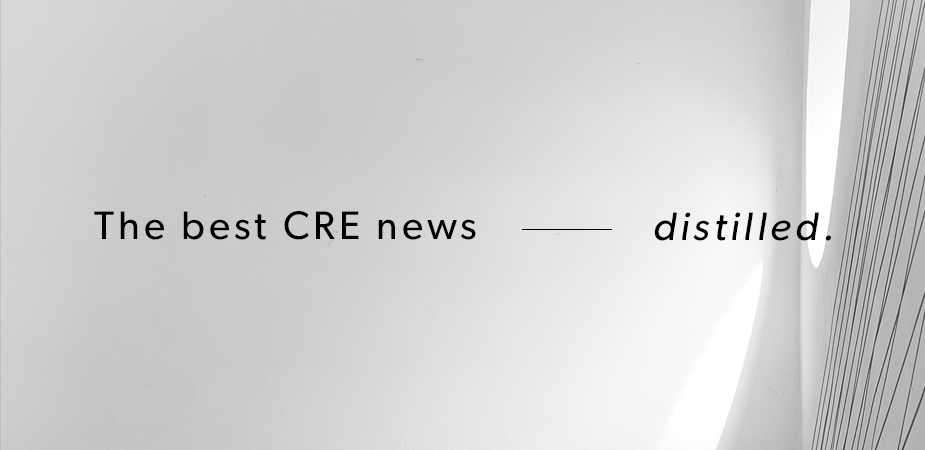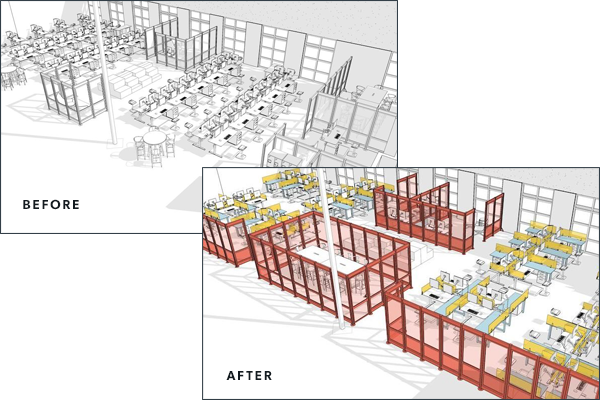We are all in search of answers that don’t quite exist yet. We’re juggling jobs and family, reading and research, wellness and productivity. We’re coworkers, psychologists, forecasters and medical experts, not to mention whatever our job titles say we are.
The Salve was created to be your partner. A collective of people under similar circumstances trying to fulfill similar roles, who are willing to share their findings to help shoulder the unreasonable workload of today.
Enjoying The Salve? Get the latest edition sent directly to your inbox!
Prepare yourself for an ever swinging pendulum back and forth, both in real and hypothetical debates when it comes to the future of the office market. For this portion of the argument we will cut to the chase, suburban offices and coworking spaces will be a key part of many corporate real estate office reentry strategies.
A major lesson from this crisis is the real life risks associated with density and mass public transportation. For that reason, urban based companies will have an operational and psychological challenge bringing commuters into the office, especially in a public transportation based cities like New York.
Suburban based satellite offices will be a cost efficient solution for companies looking to de-densify their urban office(s), as well as a way to accommodate commuters who may be skittish about public transportation.
Coworking spaces that can quickly and cost-efficiently reconfigure their layout to include more private offices will be strategic assets to business owners looking for alternative ways to assist their employees, while helping them feel safe.
“Pre-COVID, the trends (in coworking) were already tilted toward more private team space,” said Mark Gilbreath, CEO and founder of LiquidSpace. While the current pandemic will certainly change how we think of the open floor plan, it’s impact on coworking is likely overstated.
Look for increased usage of the terms “flexible office space” or “flexible office leases”. With collaboration and community now being forced to happen in the digital space, the word “coworking” will become much less popular.
Urban offices will still maintain value to businesses, even if they’re less populated. Young professionals will still flock to the cities in large numbers and urban offices will retain similar recruitment power as they have historically had. It will also play well in the scenario of treating office as a brand and cultural hub as businesses plan for life after COVID-19.
What we’re taking note of:
Vari, best known for its disruptive sit-stand desks, is in the process of reconfiguring their headquarters. They provided a rendering of the new space to D Magazine, where employee workspaces are spaced six feet apart, with privacy panels and natural barriers like “living walls” added.
What we’re tuning in to:
Maslow Meets The Business Model Canvas
Like the famous mixing of chocolate and peanut butter in the old Reese’s commercial, Maslow’s Hierarchy of Needs and the Business Model Canvas are two great things that surprisingly go together.
Join Morris Tech Meetup’s presenter Mark Annett this Thursday, May 14 at noon for a virtual webinar to learn how these two tools can boost your small business strategy.


